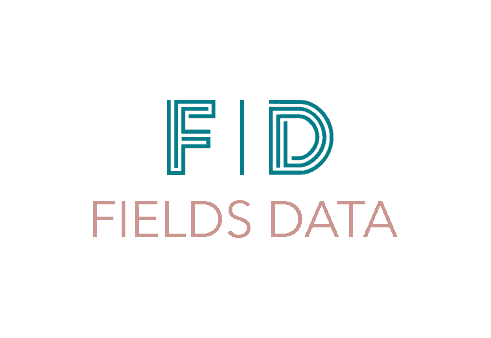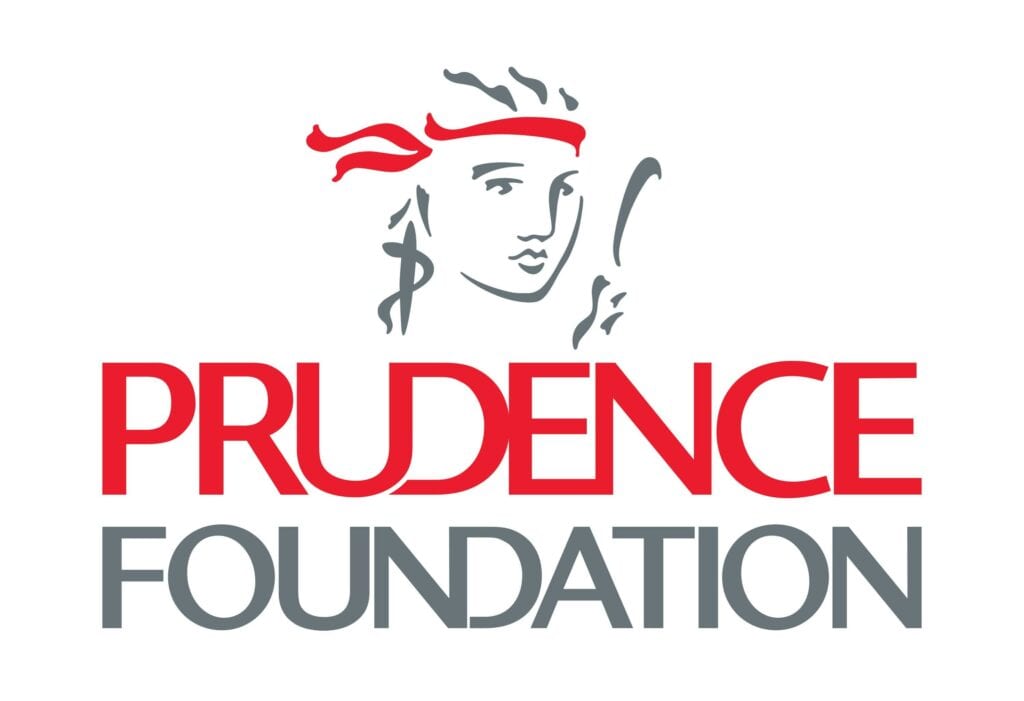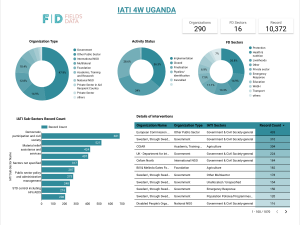- About AVPN
-
-
-
About AVPN
Who We Are
We are a leading ecosystem builder that is increasing the flow of financial, human, and intellectual capital from Asia and around the world into the social sector in Asia. We provide a network of peers, rigorous learning programmes, and innovative capital mobilization opportunities that make sure resources are more effectively deployed.
-
-
-
- Members
-
-
-
Membership Benefits
Unrestricted access to AVPN research reports and case studies
Access market-specific snapshots and opportunities
Increased visibility for events, programs and insights via AVPN website, blog, newsletters and social media channels
Leverage the AVPN platform to bring under-represented social issues top of mind for more than 600 social investors
-
-
-
- Resources
-
-
-
Resources
Highlights of the week
Trust-Based Philanthropy
In the face of increasingly complex and, sometimes rapidly, changing needs on the ground, it is crucial to take a step back and reconsider the status quo.
APAC Sustainability Seed Fund 2.0
By leveraging the success of the first round of the APAC Sustainability Seed Fund, AVPN continues to mobilise continuum of capital into supporting climate solutions in the region.
Faith and Giving
Faith, and the values, belief systems, moral codes, and religious doctrines, that underlie it, shape much of philanthropy across the world. From addressing needs in underserved communities to investing in sustainable energy solutions, faith-aligned givers are demonstrating that compassion can be a catalyst for a more just and equitable world. However, the fundamental drivers of faith-aligned giving often remain unexamined.
-
-
-
- Markets
-
-
-
Markets
We are a leading ecosystem builder that is increasing the flow of financial, human, and intellectual capital from Asia and around the world into the social sector in Asia. We provide a network of peers, rigorous learning programmes, and innovative capital mobilization opportunities that make sure resources are more effectively deployed.
Explore Markets
-
-
-
- Impact Communities
-
-
-
Impact Communities
-
-
-
- Capital Mobilisation
-
-
-
Capital Mobilisation
Featured Deals
Socio-Economic Empowerment of Women
Climate Action and Environment, Education, Financial Inclusion, Gender, Livelihood and Poverty Alleviation
Solve Education: Education through Innovative Learning Platform
Education, Employability, Livelihood and Poverty Alleviation
Lotus Petal Sr. Sec School, Gurugram
Education, Employability, Health
IT Training Against Poverty in Cebu
Education, Employability, Livelihood and Poverty Alleviation
IT Vocational Training Against Poverty
Education, Employability, Livelihood and Poverty Alleviation
Gigatonne: Addressing Problems within the Carbon Credits Market
Climate Action and Environment, Financial Inclusion, Gender, Livelihood and Poverty Alleviation
-
-
-
- Events
-
-
-
Events
Upcoming Signature EventsAVPN Global Conference 2024
23 April 2024
-
25 April 2024
Signature Event
Upcoming Events
Restoring Equilibrium: SVCA 2024 Annual Conference – Seeking Balance in A Turbulent World
16 May 2024
-
-
-
Fields Data
At Fields Data, we envision a coordinated, transparent and efficient development & humanitarian community striving collectively for social impact. We work to empower organisations by providing tailored data-driven solutions.
By

Fields Data
Click here to learn more about the Impact Organisation
This is member exclusive
content. Click here to unlock
Social causes
Beneficiaries
SDGs covered
Endorsed by
Market of Implementation
- India ,
- Philippines
Problem
How does a school in Burundi end up having 3 water access systems – a rainwater collector, a well and a water pipeline – and none of them work? As so often happens, this is a result of various donors, INGOs and local implementing partners working separately on the same operation, seemingly oblivious to each other’s presence. Can we find a way to optimise resources and time for all the stakeholders involved? One of the major reasons why there is duplication or lack of coordination across humanitarian and international interventions is absence of data. Due to the genuine lack of data, organisations can’t collaborate even if they really want to. This problem gets exacerbated since the existing data also lacks the necessary information about local organisations who possess local expertise. “At the start of 2021, we estimate that just 51 percent of relevant, complete crisis data is available across 27 humanitarian operations.” - The State Of Open Humanitarian Data 2021- Sarah Telford
Solution
Fields Data addresses this data gap by using a bottom-up methodology, to collect and share ground-level organisational information. We combine this data with publicly available information to create 4W maps of 'Who does What, Where and When', so that during a crisis, we can save lives by using local expertise. These 4W maps form the core foundations on which additional analyses can be done. Our work helps increase the international visibility of local organisations, who work rigorously on the field but do not get noticed. We strongly believe that if we need to push for localisation of aid, then we need to think about redesigning systems and making them inclusive i.e. the first step of localisation begins with the identification of local organisations. The data we collect is made publicly available on our website and is also shared on the platform Humanitarian Data Exchange. We would also be sharing our aggregated analysis on Statista.

















 Fields Data addresses this data gap by using a bottom-up methodology, to collect and share ground-level organisational information. We combine this data with publicly available information to create 4W maps of 'Who does What, Where and When', so that during a crisis, we can save lives by using local expertise. These 4W maps form the core foundations on which additional analyses can be done.
Our work helps increase the international visibility of local organisations, who work rigorously on the field but do not get noticed. We strongly believe that if we need to push for localisation of aid, then we need to think about redesigning systems and making them inclusive i.e. the first step of localisation begins with the identification of local organisations.
The data we collect is made publicly available on our website and is also shared on the platform Humanitarian Data Exchange. We would also be sharing our aggregated analysis on Statista.
Fields Data addresses this data gap by using a bottom-up methodology, to collect and share ground-level organisational information. We combine this data with publicly available information to create 4W maps of 'Who does What, Where and When', so that during a crisis, we can save lives by using local expertise. These 4W maps form the core foundations on which additional analyses can be done.
Our work helps increase the international visibility of local organisations, who work rigorously on the field but do not get noticed. We strongly believe that if we need to push for localisation of aid, then we need to think about redesigning systems and making them inclusive i.e. the first step of localisation begins with the identification of local organisations.
The data we collect is made publicly available on our website and is also shared on the platform Humanitarian Data Exchange. We would also be sharing our aggregated analysis on Statista.